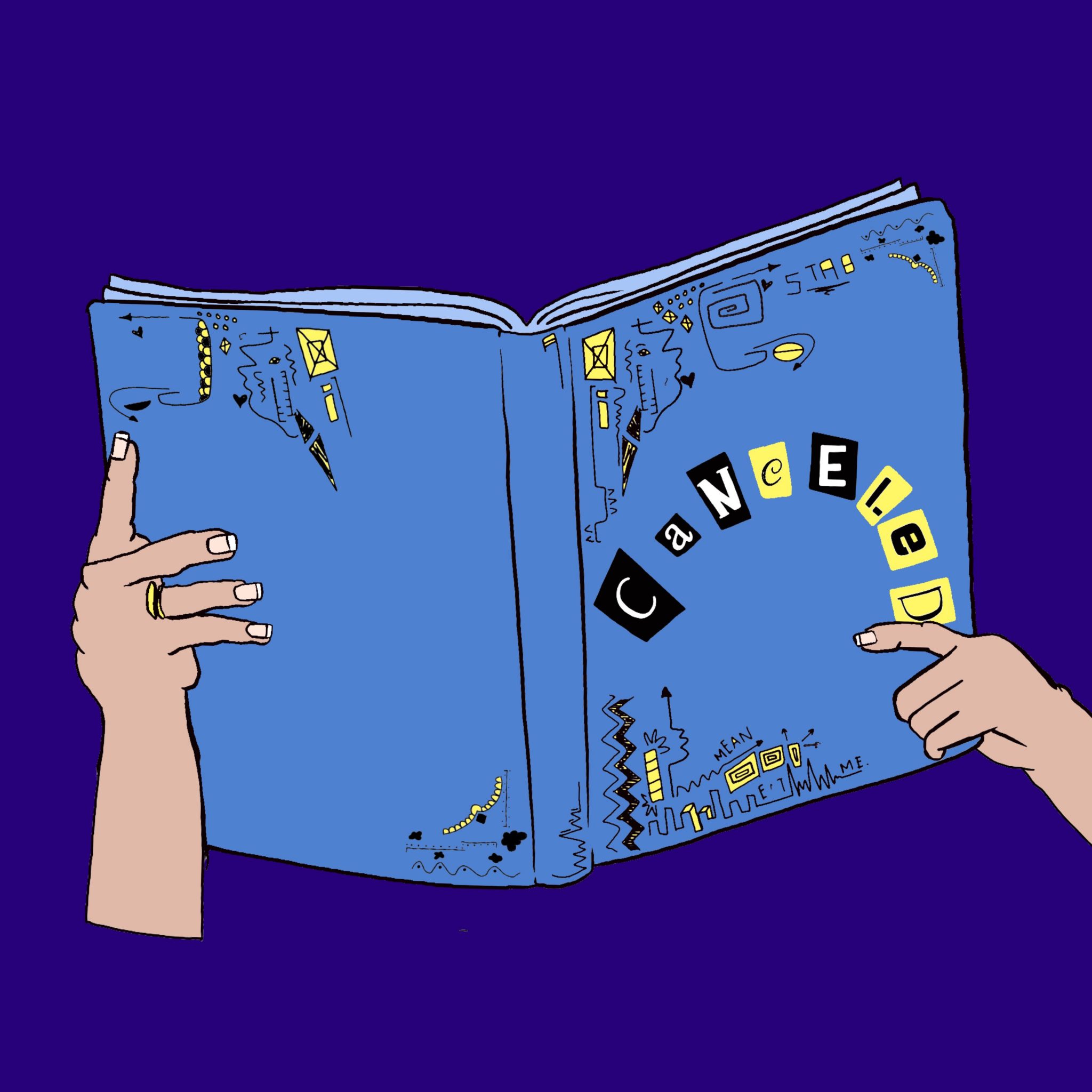What is cancel culture?


Within the past few years, the idea of “cancelling” someone over things they have said or done has grown exponentially.
Cancel culture is no longer supporting individuals who are regarded as problematic or unacceptable. It’s quite prominent with celebrities and influencers through the rising popularity and dominance of social media.
The first form of cancel culture I witnessed was that of YouTuber, makeup mogul and business owner Laura Lee in 2018. Through a scandal regarding racist tweets from 2012, she lost more than 400,000 subscribers. Her views have dropped significantly since.
Her apology video, which was supposed to counteract her getting cancelled, also caused a stir as viewers believed that she was faking it. Recently, Shane Dawson has been posting a series of videos about the creation of his “Conspiracy Collection” collaboration with Jeffree Star Cosmetics.
Initially, he intended on covering the drama within the beauty community from working within it, dealing specifically with what happened between Tati Westbrook and James Charles in April of this year.
Tati Westbrook originally posted a video entitled “Bye Sister,” targeted at fellow YouTuber James Charles as a response to Charles posting a promotional Instagram story for Sugar Bear Hair, Tati’s main business competitor.
In the video, she addressed Charles’ arrogance and accused him of pushing straight or curious men into believing they are gay. James Charles currently holds the record for the most subscribers lost in 24 hours, with over three million lost as a result of Westbrook’s video.
This led to a stream of videos that came out trying to get people to “cancel” James for things that they have seen him do.
Since Shane Dawson originally promoted this drama in his series trailer and has yet to include any thus far, there is a lot of backlash from people wanting it to focus on the drama.
The impact of social media and cyberbullying is directly related to cancel culture. It is predominantly over the internet, as needed for any scandal to reach a large-scale audience.
The rise of cancel culture has created successful drama channels, which solely profit off the promotion of scandals.
Cancel culture is arguably a profit scheme that influencers take advantage of to make money.
It can be argued that cancel culture is only popular for people to profit from and because people love the drama, especially if it’s not in their own lives.


